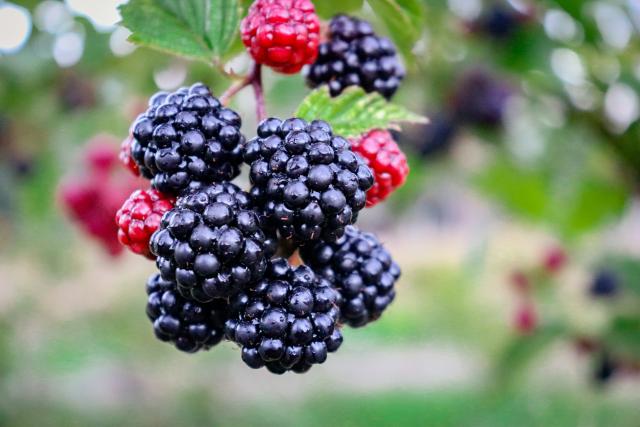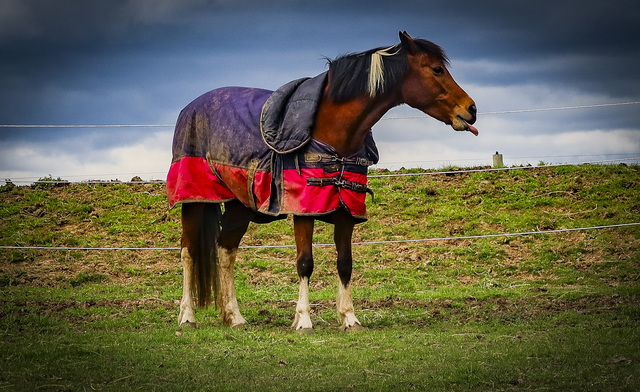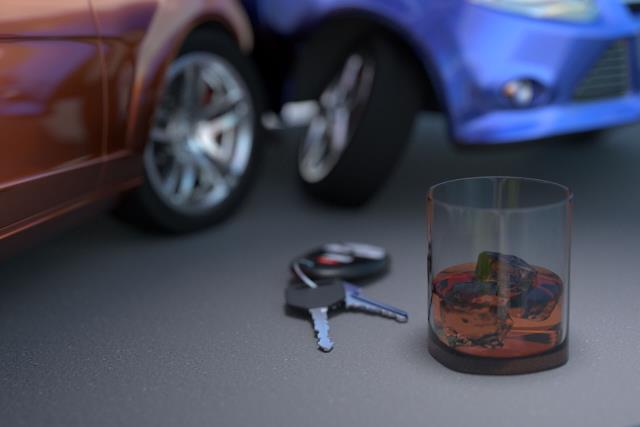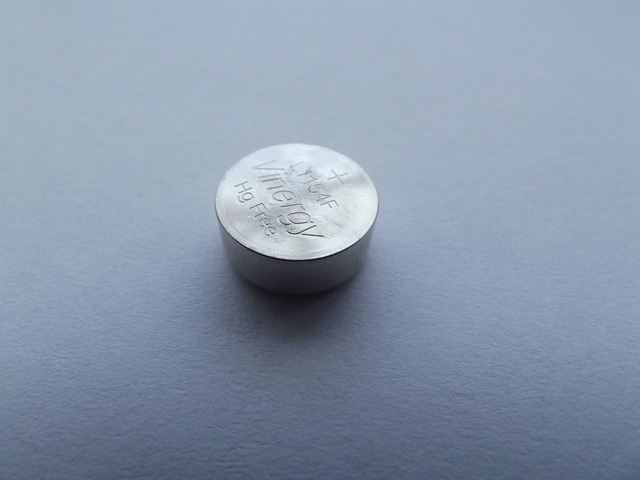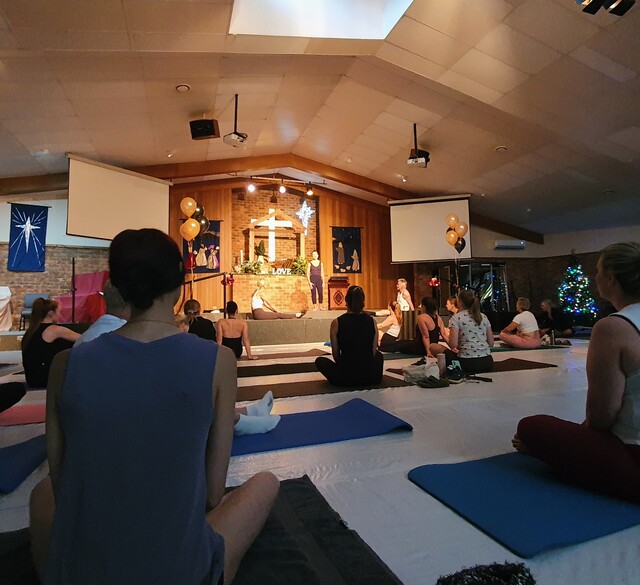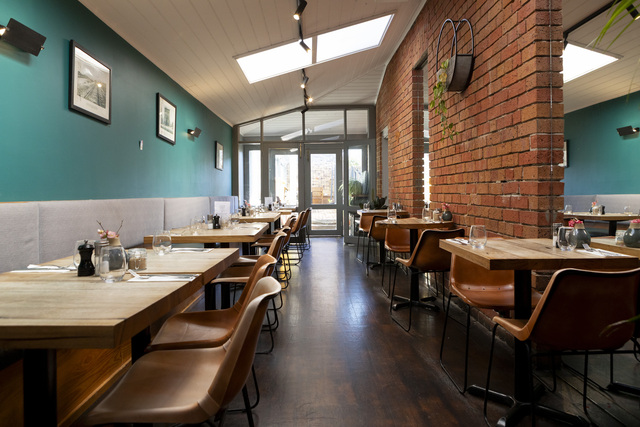February is the month when wild blackberries are most abundant.
This year’s cool wet summer has produced a bumper crop of berries.
Canadian poet Margaret Atwood was right when she wrote:
Some berries occur in sun,
but they are smaller.
It’s as I always told you:
the best ones grow in shadow.
Deliberately introduced into NSW in the 1840s as fruit and for making hedgerows the blackberry (genus Rubus of the rose family Rosaceae) quickly escaped into the wild and adapted to its new environment.
In Victoria, Ferdinand Von Mueller of Melbourne Botanical Gardens fame deliberately scattered seeds in the bush saying that future travellers would
thank him for his effort!
Today blackberries are regarded as a superfood, with anti -oxidant properties, nutritious and packed with high amounts of vitamins C,K and manganese, as well as fibre.
Its medicinal use stretches back to Greek and Roman times when the bark and roots were used to treat bowel problems and fever.
But wild blackberries remain a vexed subject.
Declared a Weed of National Significance for its adverse impact on agriculture and native vegetation, most gardeners and farmers view it as an invasive weed to be obliterated at all cost. Farmers find blackberries cause many problems including providing easy cover for rabbits and predatory animals such as foxes.
But there are some who say that blackberries in certain circumstances can help with soil erosion.
And for many people there remain nostalgic memories of the blackberry season in years past In days when children walked to and from school and, horror of horrors, took short cuts through vacant lots or paddocks, they sated that after school hunger with fistfuls of jet black juicy berries that overflowed their mouths and spilled down, staining school shirts and dresses with an almost indelible purple colour. Today most likely they have tasted only the cultivated, thornless variety, neatly packaged in punnets and, as all fruit sold is today, under ripe and lacking the intense flavour of the wild berry.
Then there were also the weekend blackberry picking car trips before going to shopping malls took over as a weekend outing and before the urban sprawl put a damper on this family activity as fewer and fewer accessible foraging destinations remain.
Councils work hard at eradication and its prudent to be cautious in avoiding picking berries that have been sprayed.
As February often delivers the hottest days of summer, picking could be challenging, particularly since the blackberry bush yields its bounty reluctantly and is armed to the teeth.
The experienced knew how to dress to protect skin from the sharp thorns that scratched and gashed the skin: long sleeves, sturdy shoes or boots and definitely long pants.
To reach that tempting fruit just out of reach in the middle of a clump, a sheet of corrugated roofing was an accessory worth dragging around.
Kathryn Alexander grew up in the fifties in Ferntree Gully that was part market garden with still plenty of vacant land and she remembers picking blackberries (sometimes with a baby brother balanced on her hip) for her mother to turn ‘simultaneously’ into jam, pies and ice cream.
She speaks nostalgically about the aroma of blackberries through the house.
Enterprising Hills’ teenagers would pick and sell their blackberries to the Monbulk Jam Factory which operated between 1909 and 1990.
Ian Vaskess remembers walking from Emerald to Monbulk carrying the fruit in kerosene tins!
Strangely the blackberry is largely missing from Australian poetry Why are there no Australian poems when there are many from the finest English speaking poets as diverse as Ireland’s Seanus Heaney, America’s Mary Oliver and Canadian Margaret Atwood?
In his poem Blackberry Picking Seamus Heaney beautifully captures the lust for picking as he sets out with milk cans, pea tins, jam – pots’ and despite being scratched and pricked and ‘palms sticky as Blue beard’s ‘perseveres till the cans are full.
But the poem written from an adult point of view ends with the realization that nothing lasts forever and the berries they stored in the cowshed are ruined by what seems to be a dead rat.
We hoarded the fresh berries in the byre
But when the bath was filled we found a fur
A rat-grey fungus, glutting on our cache
The juice was stinking too. Once off the bush
The fruit fermented, the sweet flesh would turn sour
I always felt like crying. It wasn’t fair
That all the lovely canfuls smelt of rot.
Each year I hoped they’d keep, knew they would not.
In between writing this I have been making blackberry jam from fruit picked at a
strawberry farm at Wandin (with the owners permission) where hedges of blackberries have
been allowed to remain as wind breaks. Tomorrow will be pie time.
August
Mary Oliver
When the blackberries hang
swollen in the woods, in the brambles
nobody owns, I spend
all day among the high
branches, reaching
my ripped arms, thinking
of nothing, cramming
the black honey of summer
into my mouth; all day my body
accepts what it is. In the dark
creeks that run by there is
this thick paw of my life darting among
the black bells, the leaves; there is
this happy tongue.

